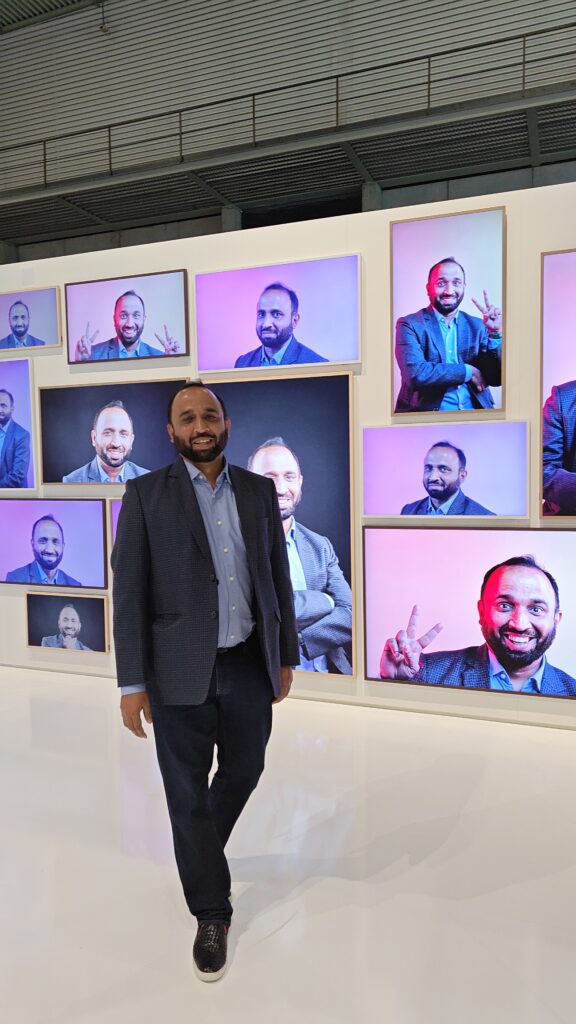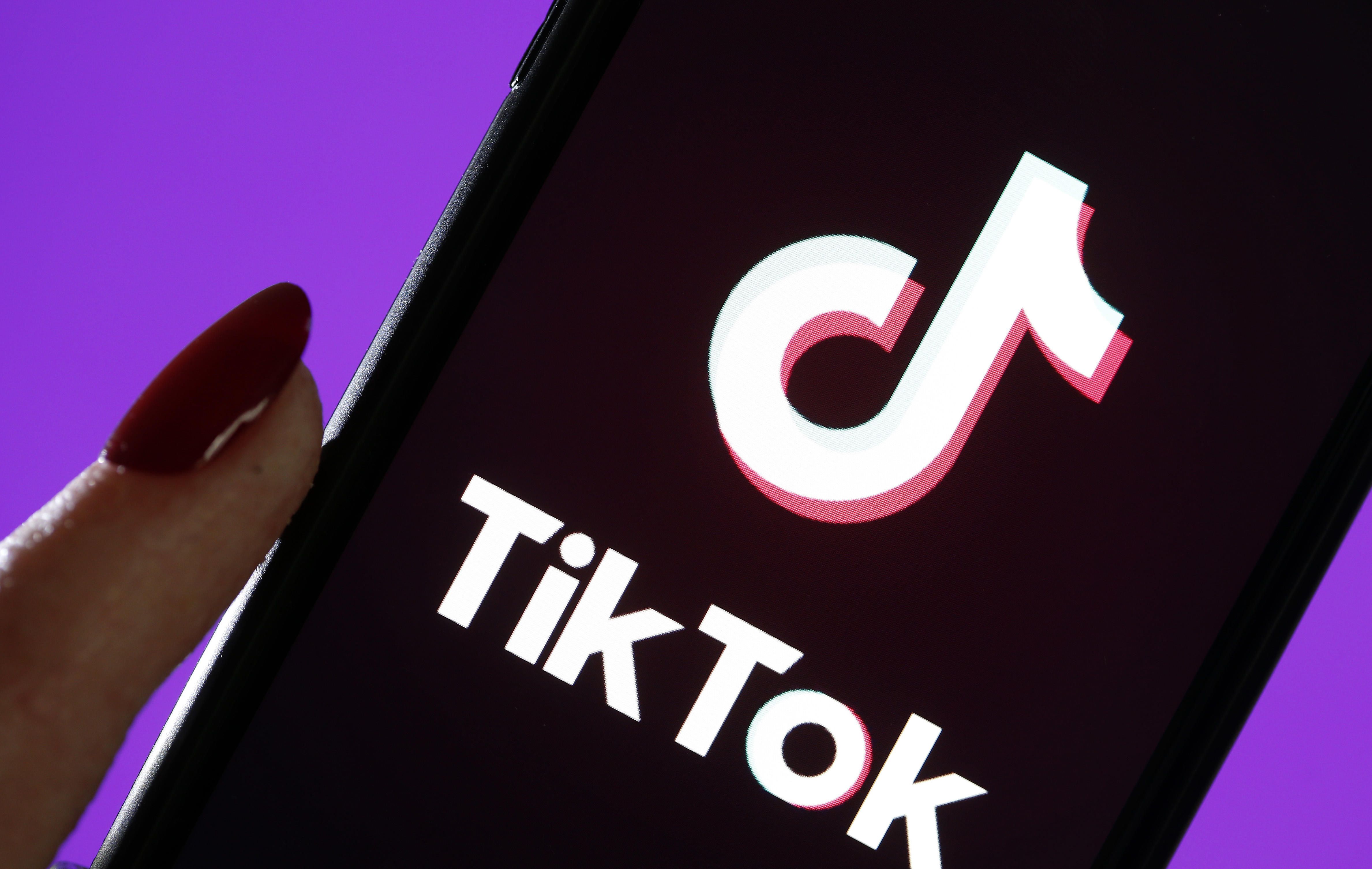Our hyper-connected world grapples with rapid technological advancements, lagging regulations, and the need for sustainability. Bold leadership embracing tech-driven transformation is crucial for navigating these complexities, unlocking growth, outpacing competitors, and securing future value.
The MWC Barcelona 2024 is back, and it is anticipated to be bigger than ever. With AI, 6G, sustainability likely to lead the charge, this year’s event promises a glimpse into the future of technology.

Beyond its impressive scale, the MWC Barcelona serves as a microcosm of the industry’s current trajectory, offering valuable insights into the dominant themes and emerging trends.
This essay delves into the key areas to watch at MWC 2024, analyzing their potential impact and uncovering the underlying narratives driving the tech landscape forward.
Mainstreaming of Consumer AI: AI increasingly getting intelligently infused across hardware, software and across the entire stack. The focus will be more on how to use AI for content creation, for imaging, for breaking the boundaries of languages and for making more people productive. And it’s not just software; even hardware is getting smarter, with on-device AI becoming a major focus.
To gain a competitive edge in this AI-first landscape, telcos are forging strategic alliances, pooling resources and expertise. While the focus of telcos has traditionally been on network optimization and customer care, they will seek to shift towards enhanced AI-infused offerings for both consumers and enterprises in an AI-first era.
6G: The Future is Fast: While 5G is still rolling out, the race for 6G is already on. MWC 2024 will offer a peek into this next-generation network, showcasing its potential to support futuristic applications like drones, private networks, and immersive experiences.
Cloud and Edge: The convergence of Cloud and intelligent edge is a defining force shaping the future of Industry 4.0. This dynamic partnership between centralized cloud resources and distributed edge devices transcends their separate strengths, unlocking unprecedented levels of efficiency, agility, and innovation in industrial processes. Embracing this integration is not simply an option, but a strategic imperative for industries seeking to thrive in this evolving landscape.
On-Device AI in Smartphones: Smartphones, including camera phones, gaming phones, foldables and concept phones will be big this year. However, a key overarching trend is the rise of on-device AI on smartphones enabling AI-driven consumer experiences. Mainstream consumer AI adoption will still take time.
The rise of Connected Vehicles: The automotive industry is undergoing a transformative shift, driven by the rise of Software-Defined Vehicles (SDVs). These vehicles integrate cutting-edge software with powerful hardware, paving the way for a new era of intelligent, personalized driving experiences. Imagine seamlessly streaming video content, controlling your car with voice commands powered by AI, and accessing a vast array of in-car apps. Features once exclusive to smartphones are now becoming integral parts of the modern car. This is the exciting reality of SDVs, where intuitive software unlocks a world of possibilities, enhancing comfort, convenience, and entertainment for both drivers and passengers.
RIP Metaverse: Viva Spatial Computing!: Despite nascent XR adoption, hardware vendors are aggressively pursuing mainstream enterprise and consumer adoption. Announcements at MWC and within the broader XR landscape will likely fuel market growth and drive innovation, fostering a comprehensive ecosystem crucial for industry evolution and wider adoption.
Additionally, while the metaverse hype may be fading, but a new term is rising: spatial computing. Apple’s shift towards spatial computing would catalyze and herald more XR devices to emerge in the time ahead.
Sustainability: A Green Future: Sustainability and circular economy have been a key theme at the MWC. Driven by both self-awareness and public pressure, companies are increasingly acknowledging the environmental footprint of their products and pledging to use recycled materials. This shift offers a promising path towards reduced emissions and waste, particularly for metals and rare-earth elements whose extraction and integration are significant contributors to climate change.
More OEMs will showcase their commitment to sustainability at MWC 2024, in areas ranging from device design to network infrastructure. While niche brands like Fairphone offer eco-friendly smartphones with extended lifespan, we expect Samsung to expand its existing efforts to incorporate recycled materials.
From the ubiquitous rise of AI and the dawn of 6G to the transformation of connected devices and the automotive industry, the event offers a glimpse into the future we are building. With sustainability taking center stage and spatial computing emerging as a potential game-changer, MWC 2024 serves as a valuable platform for understanding the driving forces shaping the future of technology.



